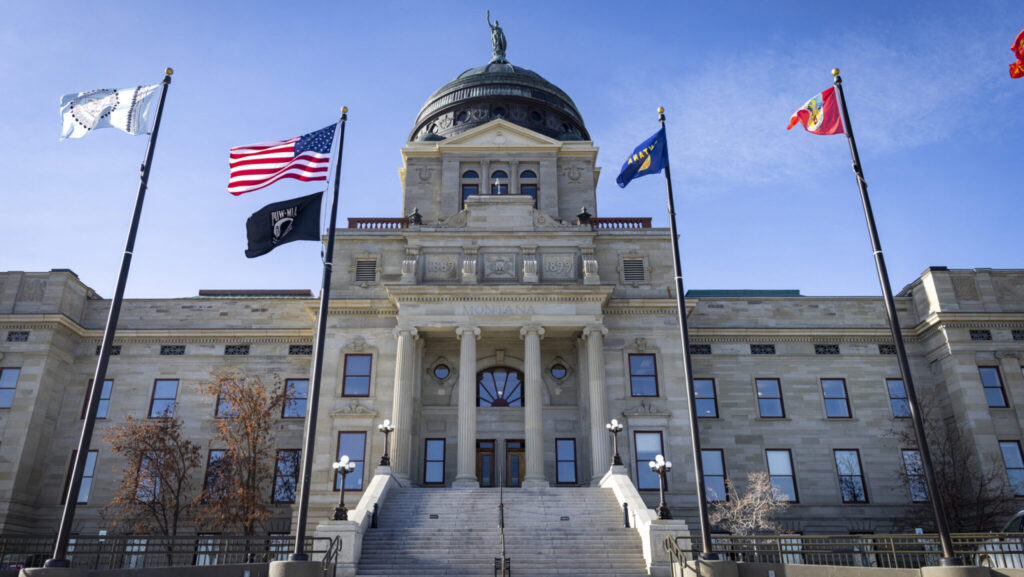Montana legislators face a critical decision in the 2025 session regarding property tax assessment rates. The aim is to prevent rising property taxes for homeowners, a task left unaddressed during the 2023 session. The Montana Department of Revenue informed the Legislative Revenue Interim Committee that property market values could rise by 21% in 2025. To mitigate this, a reduction in the residential assessment rate from 1.35% to 1.11% is suggested.
Jared Isom, senior economist at the Department of Revenue, noted that the anticipated 21.45% increase in residential values might be higher than expected. Similar warnings were issued before the 2023 session, but the legislature did not reduce the assessment rate, resulting in a 21% property tax hike for homeowners. This was partially offset by $675 annual rebates. Currently, residential property owners bear 59% of the tax burden, compared to 38% in 1994, as per the Montana Budget and Policy Center.
If the residential rate remains unchanged, property taxes could increase by an average of 11% next year, with market values in some counties rising by 25% to 32%. Reducing the rate to 1.11% would lower the average tax impact by 8.1%. Implementing revenue-neutral rates for commercial, agricultural, and forest land could slightly increase taxes for those sectors, as residential properties’ value has been growing more rapidly.
Rep. Mark Thane, D-Missoula, inquired about tax neutral rates based on pre-2023 values to counter prior reappraisals. The department agreed to investigate. Public comments echoed concerns about embedding a “permanent property tax increase” of around $200 million yearly. Kurt Swimley, a fiscal analyst, noted that without rate adjustments, rising property values could yield $70 million in revenue between 2025 and 2026.
Rose Bender of the Montana Budget and Policy Center advocated for a homestead exemption over a blanket rate cut, suggesting it would better assist those on fixed incomes. The governor’s Property Tax Task Force proposal sets a 1.1% rate for primary residences under $1 million and 1.9% for others, aiming to aid lower-valued home owners. Some Republican lawmakers, like Sen. Jeremy Trebas, R-Great Falls, favor reducing government spending over shifting tax burdens. The committee must finalize the revenue estimate by Dec. 1, but agreed to adopt it preliminarily and revisit it after further analysis.





